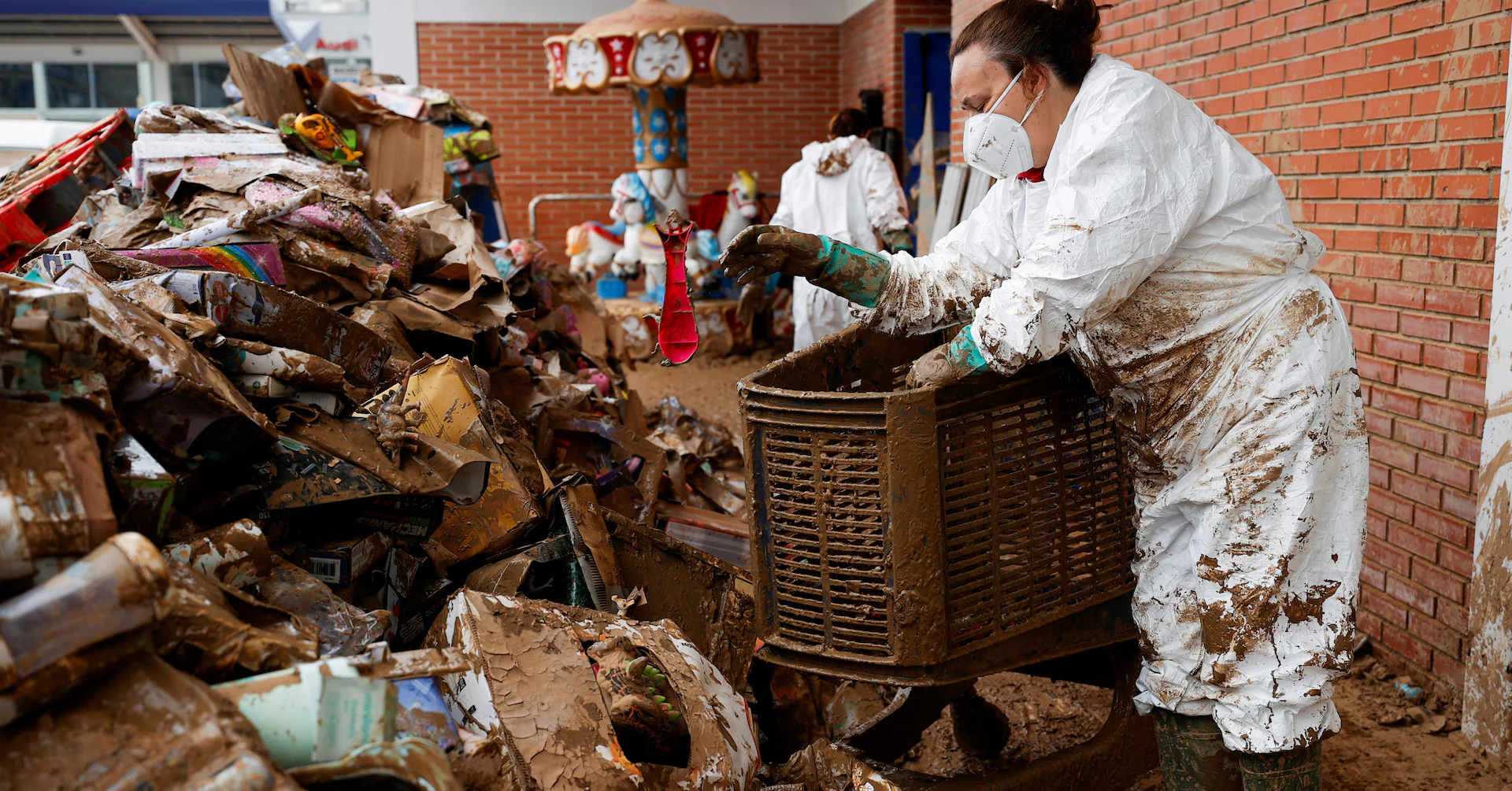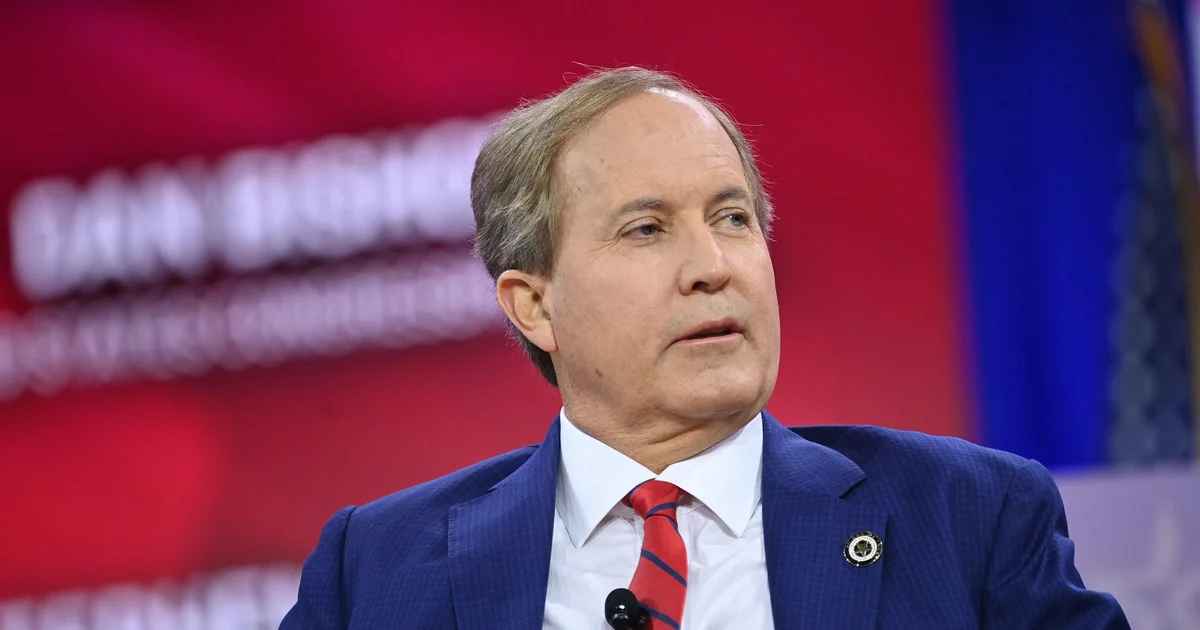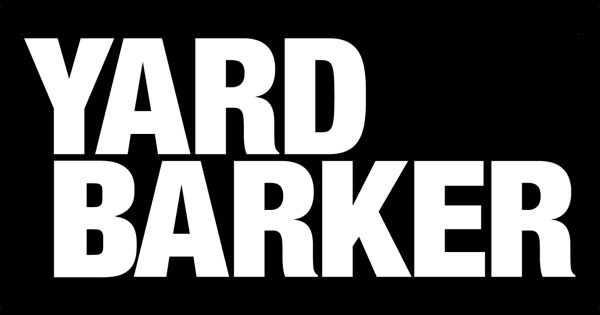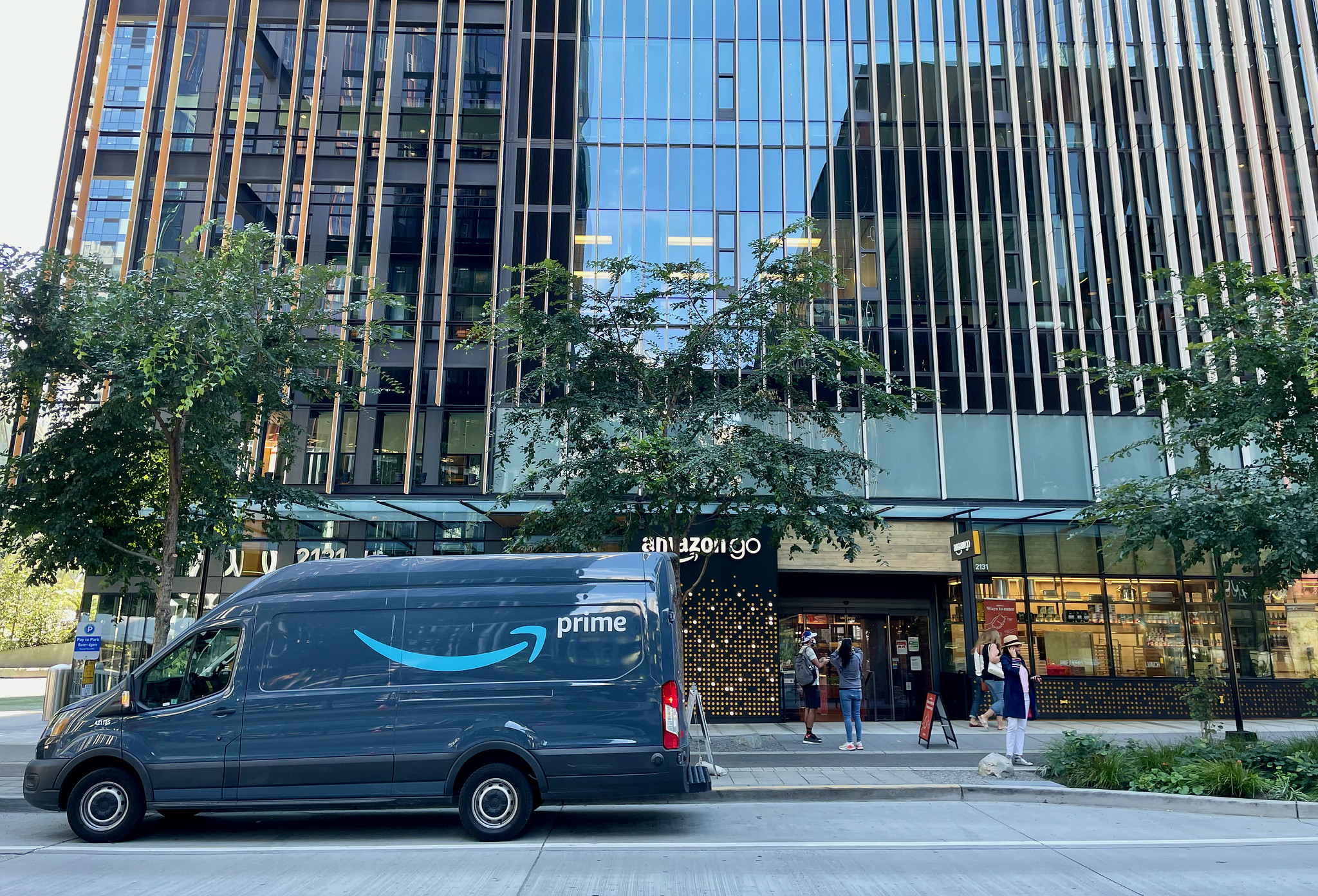Copyright Reuters

November 10 - Climate emergencies have become a shared reality for almost everyone globally. From Hurricane Melissa in the Caribbean to typhoons across Asia, the effects are no longer distant or abstract; they are daily operational and moral challenges, with catastrophic effects for hundreds of millions of people. Faith communities preparing for hurricanes in the Caribbean, rebuilding water systems in Ethiopia or restoring mangroves in Philippines are showing what resilience looks like when necessity drives innovation. These same lessons apply to businesses managing climate risk across value chains. The distinction between the work of a church or mosque, temple or synagogue, and a supply chain is narrower than it seems. Business seeks strategies to reduce and handle risk, whereas faith is an act of confidence, despite apparent uncertainty. Yet both approaches are underpinned by an understanding that there is a return on action to protect our common home. At the recent Raising Hope conference, Pope Leo called on people to “shift from collecting data to caring; and from environmental discourse to an ecological conversion that transforms both personal and communal lifestyles”. In practice, what this means is faith communities across the world installing solar panels on places of worship, supporting community energy projects, and campaigning for fair conditions across global supply chains. Faith institutions have long been at the forefront of the global fossil fuel divestment movement, representing over a third of the institutions that have divested. And in business, coordinated corporate advocacy has ensured language calling for governments to “transition away from fossil fuels” was included in the final COP28 text. Business also helped the UK to pass its 2050 net-zero target into law and got the Paris Agreement across the line 10 years ago. Back then, renewable energy was marginal; today it makes up one-third of global electricity. The climate-justice principle of subsidiarity – solutions rooted in local leadership, supported by global systems – runs through both faith and business communities. Whether in a multinational’s value chain or a community cooperative, effective action starts where people live. When severe floods hit Spain in 2024, IKEA’s Alfafar store responded by offering free retail space to local businesses that had lost their premises. The building remained dry because of a high floor-level designed for potential climate impacts and the store became one of the few safe buildings in the area. The initiative helped keep local businesses going and ensured the local economy recovered faster - benefiting the wider community and IKEA alike. This year’s COP30 in Belem, takes place in a country where faith and nature are entwined, and also where economic and political pressure to expand agribusiness, mining and energy extraction remains intense. Brazil’s churches and faith networks have long been part of environmental and social movements, from defending Indigenous rights to protecting the rainforest. We need a COP that serves the common good – one that advances the interests of all, especially the poorest people who have contributed least to the climate crisis yet face its harshest impacts. True climate justice means ensuring that no community is left behind or expected to bear the costs of others’ progress. While we still need bolder targets and commitments, we must also make sure we keep promises, and honour our commitments by rapidly accelerating the rate of implementation. Climate goals must translate into concrete action that delivers for both multinationals and local parishes or communities, set out in binding policies that enable and reinforce communities and the businesses that serve them. Fair, fast pathways to phase out fossil fuels and fund resilience are essential to maintain legitimacy. They will determine whether transitions are justice-driven or purely transactional. And finally, governments must design incentives that accelerate the clean energy shift and make it affordable to all. That’s because a transition that does not reach the people who are most exposed will fail to hold politically. COP30’s success will depend on whether it can join moral conviction with material business delivery to turn promises into action. Opinions expressed are those of the author. They do not reflect the views of Reuters News, which, under the Trust Principles, is committed to integrity, independence, and freedom from bias. Ethical Corporation Magazine, a part of Reuters Professional, is owned by Thomson Reuters and operates independently of Reuters News. María Mendiluce is CEO of the We Mean Business Coalition, which brings together seven leading non-profit organizations in sustainability. She has 25 years of experience in corporate climate action and sits on the executive board of the Science Based Targets initiative. María took an active role in the founding of the Mission Possible Partnership, a multi-sector decarbonization initiative, and co-founded the SME Climate Hub, an SME-focused net-zero initiative.



